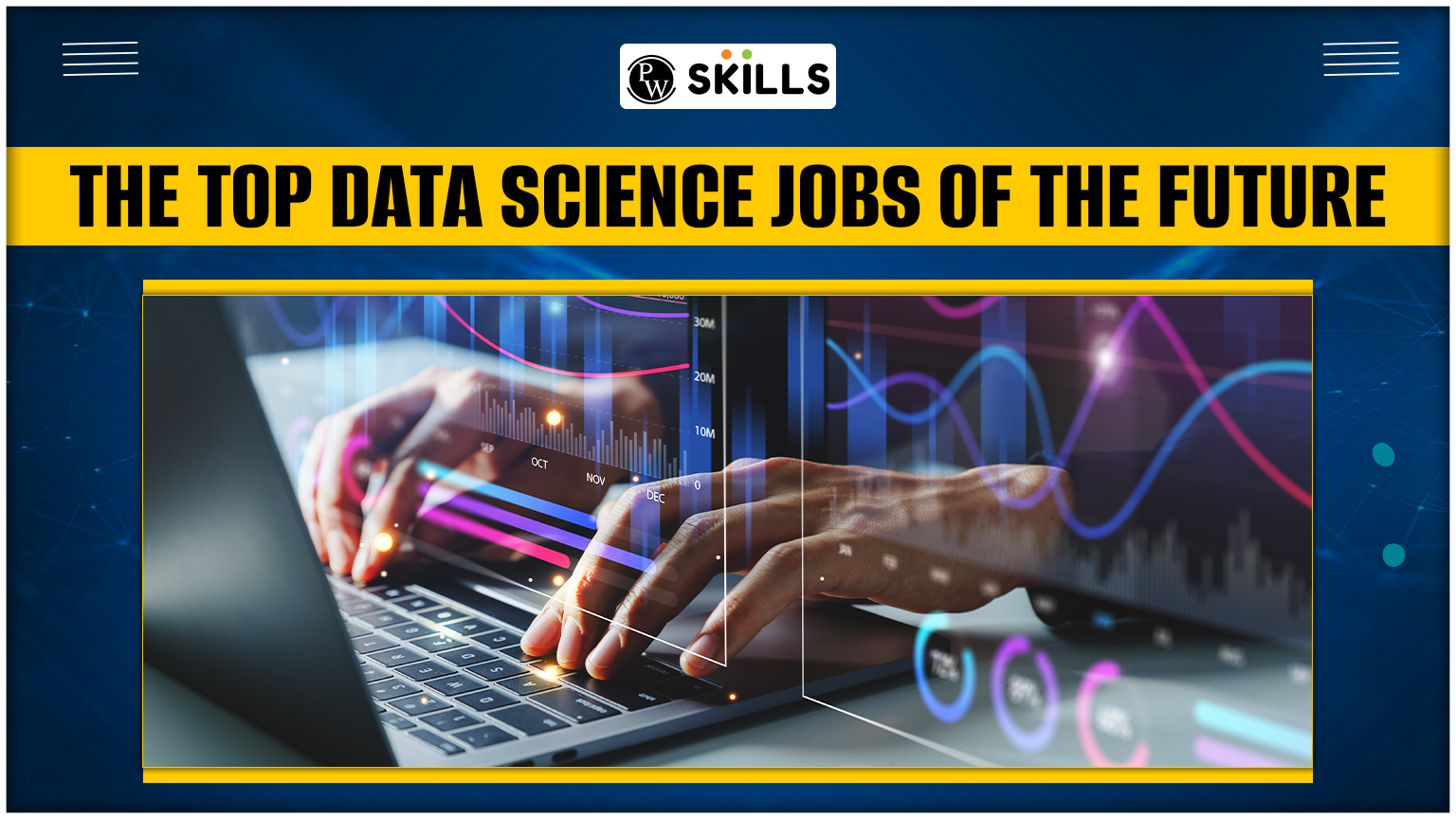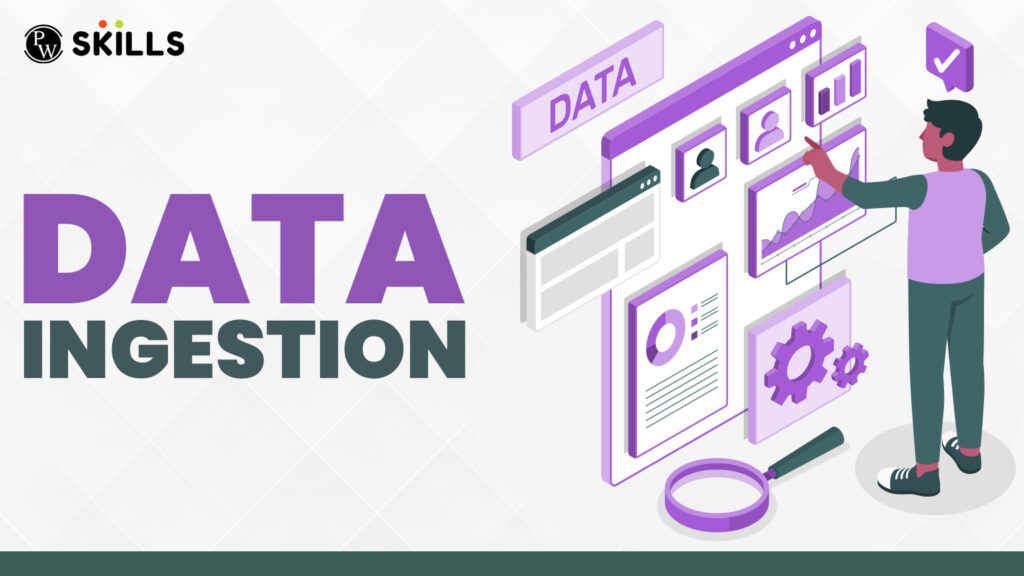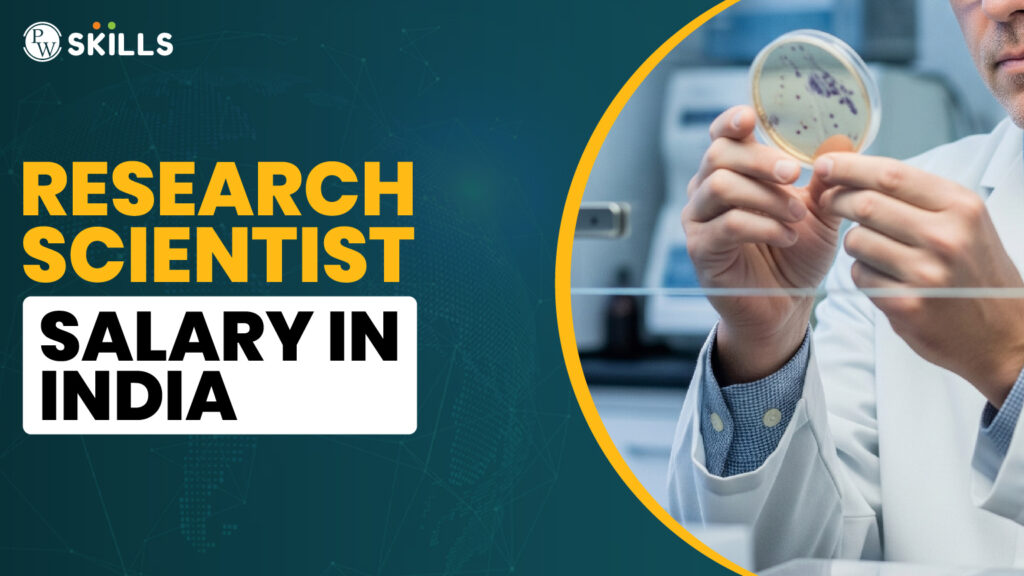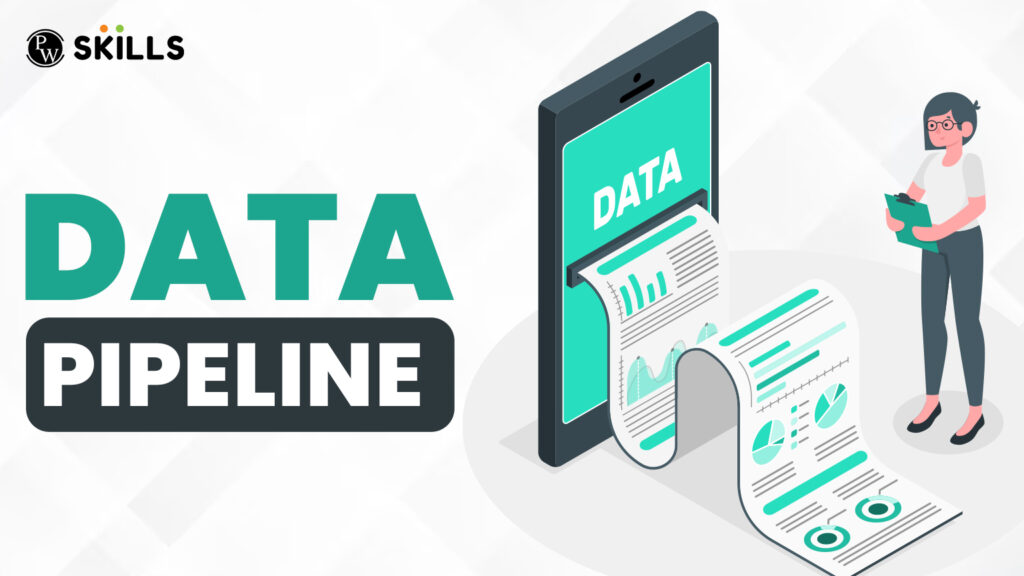Data science is rapidly becoming one of the most demanding fields in the job market. As technology advances and data continues to grow rapidly, the demand for data science jobs is skyrocketing.
In this article, we will explore the top data science jobs of the future, getting insights into the exciting opportunities available in this evolving field. So, let’s move further without wasting much of our time and see how the most demanded data science jobs are shaping the future.
Data Science Jobs – Key Takeaways
- The different professions in the field of Data science, and the most demanded data science jobs for the future.
- The factors that influence the demand for future data science jobs
- Important skills needed to start a career in Data Science.
The Current State Of Data Science Jobs
The current state of data science jobs is dynamic and rapidly evolving. Today, there are three primary subfields within data science that contain the majority of job opportunities. These subfields, which focus on various aspects of data such as collection, analysis, modeling, and reporting, are experiencing high employment rates and are projected to continue to grow rapidly through 2030. This growing demand is because of the increasing importance of data in making informed business decisions and leading to more business growth.
Let us understand the basic job role and qualities of all these three subfields-
Data Analyst
Data Analysts play a crucial role in making sense of the vast amounts of data generated by businesses. They are responsible for collecting, processing, and analyzing data to help organizations make informed decisions. By using various tools and techniques, Data Analysts identify trends, create visualizations, and generate reports that provide actionable insights.
This role requires strong analytical and communication skills, as they have to communicate all the findings effectively to both technical and non-technical stakeholders.
Data Scientist
Data Scientists are the masterminds behind the complex models that drive predictive analytics and machine learning. They gather and analyze large sets of structured and unstructured data, uncovering patterns and trends that can help businesses to predict future outcomes.
Data Scientists use their expertise in statistics, programming, and domain knowledge to build models that solve complex problems. Their work often involves creating prototypes, testing hypotheses, and refining models to improve accuracy. With their ability to turn raw data into valuable insights, Data Scientists are in high demand across all businesses
Data Engineer
Data Engineers are the architects who design, build, and maintain the infrastructure needed to handle large volumes of data. They ensure that data flows smoothly from various sources to data storage and processing systems. This role involves creating pipelines for data collection, cleaning the data, and transforming it in an organized manner. Data engineers also work on databases to optimize ETL processes.
Data Engineers generally work closely with Data Scientists and Analysts to provide them with the reliable, high-quality data needed for their analyses. As data continues to grow in volume and complexity, the role of Data Engineers becomes increasingly important to the success of data-driven decisions.
Factors Influencing Future Data Science Jobs
The field of data science Jobs is growing rapidly, and several key factors are the main reason for this drastic growth. Understanding these factors can help you stay ahead in this competitive field. We have mentioned below some of the important factors that will help you to understand the concept better.
1. Technological Advancements
New technologies, such as artificial intelligence, machine learning, and big data analytics, are constantly emerging. These advancements create new opportunities and roles within data science. As businesses adopt these technologies to gain a competitive edge, the demand for skilled data scientists who can use them effectively will continue to grow.
2. Increasing Data Generation
Every day, the world generates an enormous amount of data from various sources, including social media, web surfing, and online transactions. This drastic growth in data means there is a greater need for professionals who can collect, manage, and analyze it to extract valuable insights. The ability to handle and interpret large data sets will be a crucial skill in future data science jobs.
3. Business Intelligence Needs
Organizations are increasingly dependent on data-driven decisions to enhance their operations, marketing strategies, and customer experiences. The need for accurate and actionable insights is leading to the growth in demand for data scientists who can translate complex data into meaningful business intelligence.
6 Most Demanding Future Data Science Jobs
As technology evolves, the demand for skilled professionals in data science is rapidly increasing. The future of this field is filled with opportunities that promise both innovation and job security. In this passage, we will explore six of the most in-demand data science jobs of the future. These roles not only offer exciting careers but also play crucial roles in shaping the digital world. Let’s dive into each of these promising careers and see what they contain.
1. AI Ethics Officer
With the rise of artificial intelligence, ethical considerations are more critical than ever. Their role involves ensuring that AI applications are serving as per the demands of consumers and companies while maintaining high ethical standards.
2. Data Translator
Data translators basically bridge the gap between complex data and organized data. These professionals are experts in data collection, interpretation, and modeling, and they possess a strong understanding of the technical concepts of data science.
3. Data Privacy Expert
In a modern age where data breaches are a common concern, data privacy experts are essential. They are responsible for safeguarding sensitive information belonging to staff, customers, and clients. This role requires a deep knowledge of data protection practices, IT, and relevant software to ensure that both consumer and business data are secure.
4. Database Administrator
With the expansion of company, the volume of information they need to manage also becomes higher. Database administrators are crucial for organizing and maintaining these databases to ensure efficiency and security. They guarantee that the necessary information is always accessible and maintain the integrity of the database. Their work ensures smooth ETL operations and reliable data management.
5. Machine Learning Scientist
Machine learning scientists focus on developing the algorithms that process data. This role is research-intensive and requires a strong foundation in model deployment and artificial intelligence. These professionals drive innovation by creating advanced machine-learning models that can solve complex problems and enhance various applications.
6. Machine Learning Engineer
Similar to machine learning scientists, machine learning engineers develop algorithms and data sets, but their work is more practical and hands-on. They are involved in the creation, testing, and maintenance of these algorithms, ensuring they function correctly in real-world applications. A background in computer science and software engineering is essential for success in this role.
Skills Needed For Future Data Science Jobs
Starting with data science Jobs requires a blend of technical and soft skills. Here’s a detailed list of the essential skills needed to get a job in this exciting and rapidly growing field:
1. Technical Skills
- Programming Languages: Proficiency in programming languages such as Python and R is crucial. These languages are widely used in data manipulation, analysis, and machine learning.
- Data Manipulation and Analysis: Understanding how to work with data using tools like Pandas is essential. This includes cleaning, transforming, and analyzing data sets.
- Statistical Knowledge: A solid understanding of statistics is necessary for designing experiments, testing hypotheses, and building models. Key concepts include probability distributions, statistical tests, and regression analysis.
- Machine Learning: Familiarity with machine learning algorithms and frameworks like Scikit-Learn, TensorFlow, and Keras is essential for building predictive models and automation.
- Database Management: Skills in SQL and understanding of database concepts are important for extracting and managing data stored in relational databases.
- Data Wrangling: This includes the ability to gather, clean, and prepare data from various sources for analysis.
- Data Warehousing: Understanding how to design and manage data warehouses to store large volumes of structured and unstructured data.
- Big Data Technologies: Knowledge of big data tools and platforms like Hadoop, Spark, and Kafka can be beneficial for handling and processing large datasets.
2. Soft Skills
- Communication: The ability to convey your findings clearly to both technical and non-technical audiences. This includes creating visualizations and reports that are easy to understand.
- Collaboration: Working effectively with cross-functional teams, including business stakeholders, IT department, and management.
- Continuous Learning: A strong desire to stay updated with the latest trends, tools, and methodologies in data science.
- Problem-Solving: The ability to approach complex problems methodically and come up with data-driven solutions.
- Critical Thinking: Evaluating data and methods critically to ensure the accuracy and reliability of insights.
Learn Data Science With PW Skills
Are you Ready to explore the evolving world of data science? Join the Data Science with Generative AI course offered by PW Skills, providing an engaging and enormous learning experience! Get mentored by industry experts with 10+ years of practical experience. The Key features of our course include regular doubt sessions, daily practice sheets, PW alumni support, a 100% Job assistance program, resume review sessions with experts, and much more.
So what are you waiting for? Enroll now and discover the future of data science with us!






